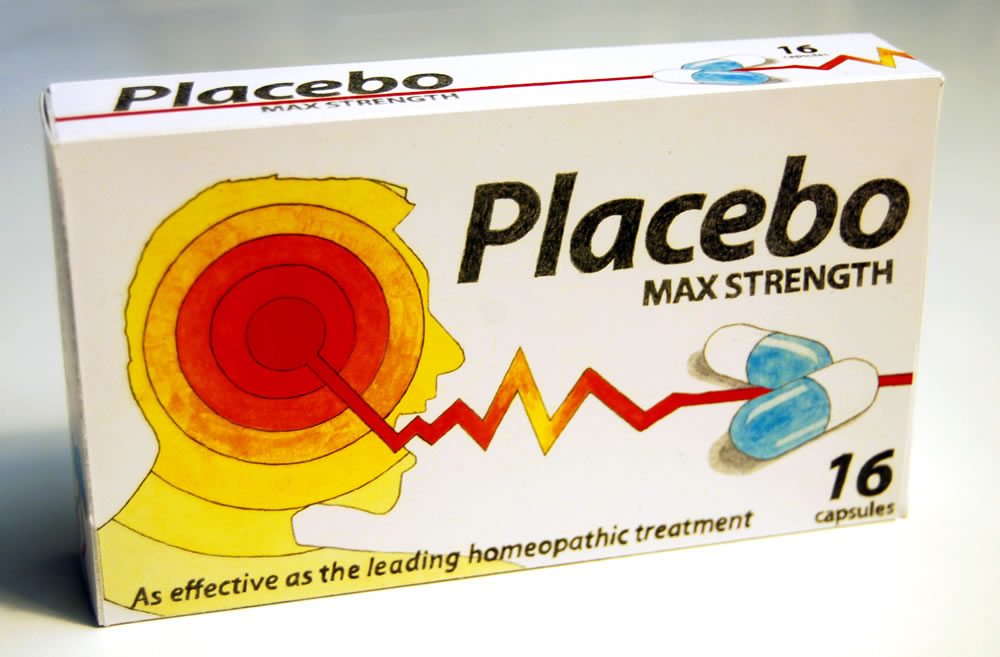Results for: clinical trials

Should placebos be used in randomized controlled trials of surgical interventions?
Trials of new experimental drugs frequently compare them to placebo, particularly when there is a large subjective component to the disease being treated, such as pain. In contrast, placebo-controlled trials are rarely undertaken in surgery, mainly because it's been considered ethically dicey to do sham surgery on one group. Should this change? Should we be more open to doing randomized, placebo-controlled surgery...
Dr. Oz Doubles Down on Green Coffee Bean with a Made-for-TV Clinical Trial
“One of the most important discoveries I believe we’ve made that will help you burn fat – green coffee bean extract” – Dr. Oz, September 10, 2012, Episode “The Fat Burner that Works” Dr. Mehmet Oz may be biggest purveyor of health pseudoscience on television today. How he came to earn this title is a bit baffling, if you look at his...
Journal of Clinical Oncology editorial: “Compelling” evidence acupuncture “may be” effective for cancer related fatigue
Journal of Clinical Oncology (JCO) is a high impact journal (JIF > 16) that advertises itself as a “must read” for oncologists. Some cutting edge RCTs evaluating chemo and hormonal therapies have appeared there. But a past blog post gave dramatic examples of pseudoscience and plain nonsense to be found in JCO concerning psychoneuroimmunology (PNI) and, increasingly, integrative medicine and even integrations...
Clinical Practice Guidelines: Cholesterol Tests for Children?
The American Academy of Family Physicians journal American Family Physician (AFP) has a feature called Journal Club that I’ve mentioned before. Three physicians examine a published article, critique it, discuss whether to believe it or not, and put it into perspective. In the September 15 issue the journal club analyzed an article that critiqued the process for developing clinical practice guidelines. It discussed...
The perils and pitfalls of “patient-driven” clinical research
Dying of cancer can be a horrible way to go, but as a cancer specialist I sometimes forget that there are diseases that are equally, if not more, horrible. One that always comes to mind is amyotropic lateral sclerosis (ALS), more commonly known as Lou Gehrig’s disease. It is a motor neuron disease whose clinical course is characterized by progressive weakness, muscle...
The problem with preclinical research? Or: A former pharma exec discovers the nature of science
If there’s one thing about quacks, it’s that they are profoundly hostile to science. Actually, they have a seriously mixed up view of science in that they hate it because it doesn’t support what they believe. Yet at the same time they very much crave the imprimatur that science provides. When science tells them they are wrong, they therefore often try to...
Reassessing whether low energy electromagnetic fields can have clinically relevant biological effects
It is with some trepidation that I write this, given that I realize this post might lead to charges that I’ve allowed myself to become so open-minded that my brains fell out, but I think the issues raised by what I’m about to discuss will make our readers think a bit—and perhaps spark some conversation. Because I’m in a bit of a...
Integrating patient experience into research and clinical medicine: Towards true “personalized medicine”
We advocate science-based medicine (SBM) on this blog. However, from time to time, I feel it necessary to point out that science-based medicine is not the same thing as turning medicine into a science. Rather, we argue that what we do as clinicians should be based in science. This is not a distinction without a difference. If we were practicing pure science,...
Evidence-Based Medicine, Human Studies Ethics, and the ‘Gonzalez Regimen’: a Disappointing Editorial in the Journal of Clinical Oncology Part 2
NB: If you haven’t yet read Part 1 of this blog, please do so now; Part 2 will not summarize it. … At the end of Part 1, I wrote: We do not need formal statistics or a new, randomized trial with a larger sample size to justify dismissing the Gonzalez regimen. In his editorial for the JCO, Mark Levine made a...
Evidence-Based Medicine, Human Studies Ethics, and the ‘Gonzalez Regimen’: a Disappointing Editorial in the Journal of Clinical Oncology Part 1
Background: the distinction between EBM and SBM An important theme on the Science-Based Medicine blog, and the very reason for its name, has been its emphasis on examining all the evidence—not merely the results of clinical trials—for various claims, particularly for those that are implausible. We’ve discussed the distinction between Science-Based Medicine (SBM) and the more limited Evidence-Based Medicine (EBM) several times,...

